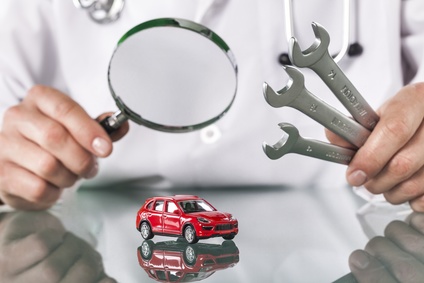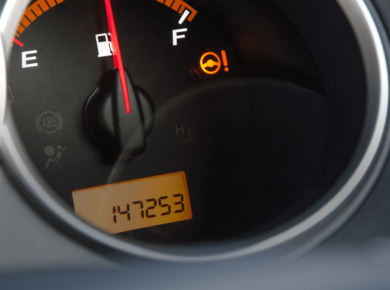Vehicle safety recalls are crucial in upholding road safety and protecting vehicle owners from potential hazards. It’s essential to ensure you are informed about car safety recalls, as they can happen anytime. In this blog, we’ll teach you how to perform a car safety recall check, why it’s essential, and the role of agencies like the National Highway Traffic Safety Administration (NHTSA).
What Are Safety Recalls?
A safety recall happens when a car manufacturer or the Highway Traffic Safety Administration spots a defect in a vehicle that has the potential for injury. These defects range from airbag discrepancies to engine problems that increase the risk of a fire. The manufacturer must notify affected car owners and offer compensation through repairs, parts replacements, or refunds.
Common recall types include:
- Safety seat recall list for children’s car seats.
- Safety features malfunctions such as seat belts and airbags, for example approximately 67 million Takata airbags have been recalled because they could explode when deployed.
- Major vehicle system defects, e.g., braking systems or fuel parts.
- Parts issues that may affect compliance with NHTSA standards.
How to Check Safety Recalls
To ensure your vehicle is safe, it’s essential to do a car recall check regularly. To do so:
- Check Safety Recall by VIN:
Every car has an individual 17-character Vehicle Identification Number (VIN). You can perform a check VIN for recall on sites like ClearVin or directly on the NHTSA website for free. This way, you can see any open recalls by VIN for your car. There’s also an option to check if any recalls are opened for your car by make, model and manufacture year, but it’s still advised to verify the history information and review inspection results by VIN number. Visit ClearVin to check on Free VIN History Report Sample with a comprehensive vehicle history and condition overview. - Keep Track of Manufacturer Announcements:
Car manufacturers like Toyota, Ford, and Honda usually announce recalls through their websites. If, for example, you own a Honda, you can search for a Honda safety recall. Make sure to check your make for recalls by VIN for free at ClearVin. - Stay Updated with Notifications:
Vehicle manufacturers will often send owners notification letters to inform them of any potential recalls, so it’s worth ensuring your contact information is 100% up-to-date with them to avoid any issues down the line.
Recent Notable Recalls
Manufacturers across the auto industry have recently issued recalls – here are some examples:
- BMW Safety Recall: BMW was recently required to recall specific 2023-2025 models, including the 5 Series, X5, and i7, to address vehicle safety defects. Owners can check their VIN to see if they are affected.
- Ford Safety Recall: Ford issued recalls in 2023, addressing issues across several models, e.g., engine and braking system defects.
- Hyundai Safety Recall: In September 2024, Hyundai issued recalls due to software and fuel pump issues. Dealers offered free updates and replacements for owners’ vehicles affected by the recall.
- Tesla Safety Recall: Tesla recalled 2023 Model 3 and 2020-2023 Model Y cars to rectify tail light malfunctions. Repairs were undertaken via an over-the-air update.
- 2021 Honda CR-V Safety Recalls: Honda recalled 2021 CR-V models due to seat belt issues so that child restraint systems weren’t left unsecured.
Each recall includes information like the potential number of units affected and if or how dealers will inspect and repair the issue.
What Happens During a Recall?
If a safety recall check identifies a defect, vehicle owners are usually informed by mail. These notification letters are expected to include:
- A description of the issue.
- The recall number.
- Steps to resolve the problem.
- A repair timeline, with steps on inspection, or how dealers will replace faulty parts if necessary.
For example, in a recent Part 573 safety recall report, Hyundai instructed owners to bring their cars to a Hyundai dealer or Genesis retailer to update their car’s faulty ICCU software.
Why Checking Auto Safety Recalls Is Crucial
It’s crucial to check safety recalls. If vehicles fail to comply with regulations, faulty parts can cause accidents, risk of injury, or even, in some cases, fatalities. For example, vehicle safety recalls addressing airbag defects have saved many lives. Performing a safety recall check to see whether your car is one of the affected vehicles in the event of a recall ensures your safety and contributes to overall road safety.










